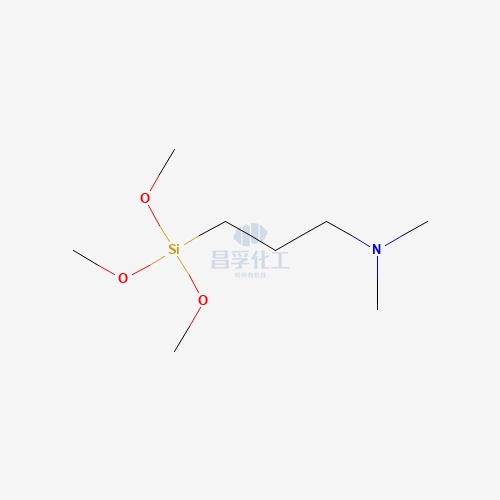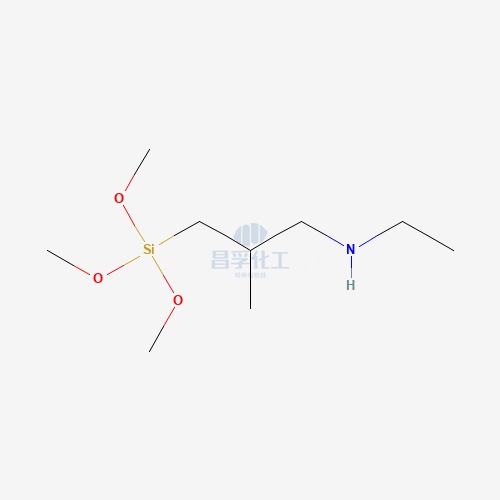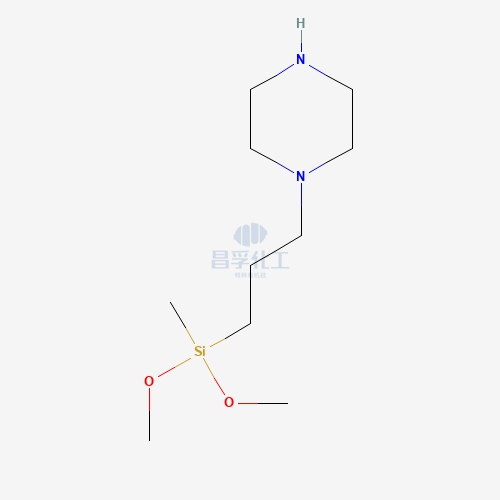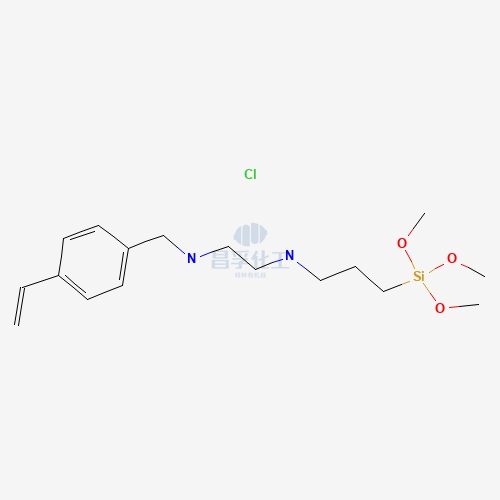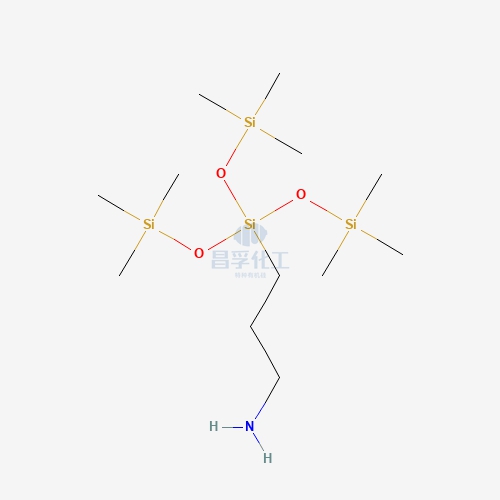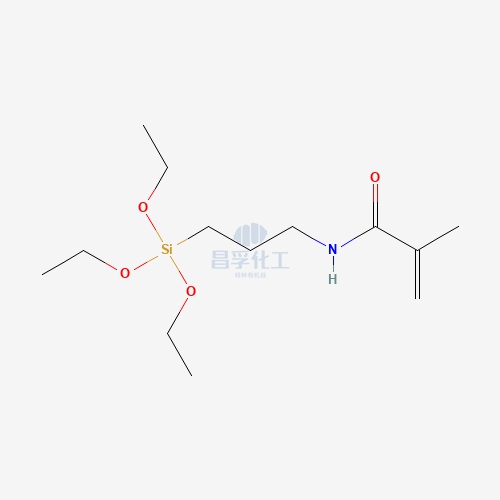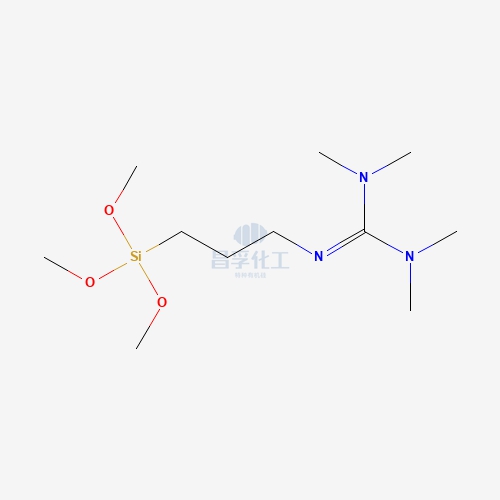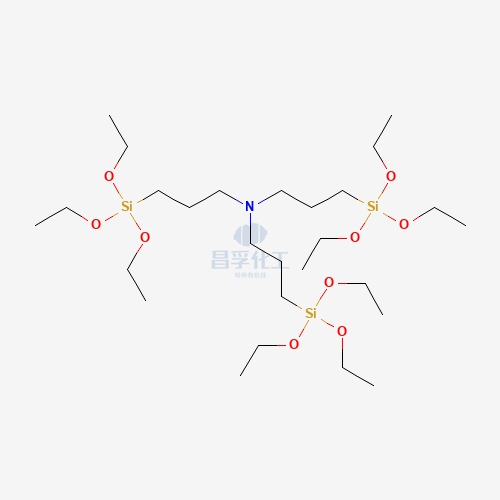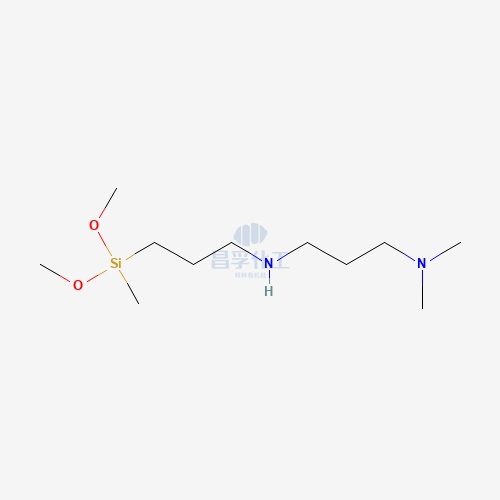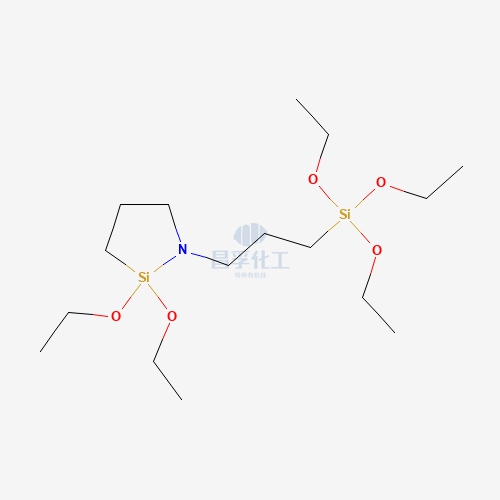
Contact Changfu Chemical Now!
+86 27 8439 6550 | +86 181 6277 0058
Top 5 Chemical Compounds in Silicone Adhesives and Their Impact on Performance
Introduction
Silicone adhesives are the superheroes of the adhesive world, known for their versatility and strength. They are used across various industries, from automotive to electronics, thanks to their unique properties. But what makes them so special? It's all about the chemical compounds that form their backbone. In this article, we'll explore the top 5 chemical compounds in silicone adhesives and how they influence performance.
![]()
What Are Silicone Adhesives?
Silicone adhesives are a type of glue that combines the properties of silicone rubber. They are highly resistant to temperature extremes, moisture, and chemicals. These adhesives come in various forms, including room temperature vulcanizing (RTV), heat-cured, and pressure-sensitive adhesives (PSA).
The Role of Chemical Compounds in Silicone Adhesives
The secret sauce in silicone adhesives lies in their chemical composition. Different compounds impart different properties, making these adhesives suitable for specific applications.
Top 5 Chemical Compounds in Silicone Adhesives
-
Dimethylpolysiloxane
- Chemical Structure and Properties: This compound is a linear polymer known for its flexibility.
- Role in Silicone Adhesives: Provides elasticity and thermal stability.
- Impact on Performance: Enhances flexibility and resistance to temperature variations.
-
Silicone Resins
- Types of Silicone Resins: Includes MQ resins, which are critical for adhesive strength.
- Role in Adhesive Strength: They provide durability and cohesive strength.
- Impact on Durability: Increases the lifespan and performance under stress.
-
Silane Coupling Agents
- Enhancing Adhesion: These agents improve bonding with various substrates.
- Chemical Reaction: Facilitates better adhesion through chemical bonding.
- Performance Impact: Crucial for ensuring strong adhesion on different surfaces.
-
Crosslinking Agents
- Types: Includes peroxides and platinum catalysts.
- Role in Curing: They initiate the curing process, enhancing bond strength.
- Impact on Bonding Strength: Essential for achieving a robust, durable bond.
-
Fillers and Additives
- Common Fillers: Silica is a popular choice for enhancing properties.
- Impact on Viscosity: Adjusts the adhesive's flow characteristics.
- Thermal Stability and Mechanical Properties: Enhances overall performance.
Impact of Chemical Compounds on Performance
| Property | Chemical Compound | Impact |
|---|---|---|
| Adhesion Strength | Silane Coupling Agents | Improved bonding with diverse substrates |
| Flexibility | Dimethylpolysiloxane | Maintains flexibility in extreme conditions |
| Thermal Resistance | Crosslinking Agents | Withstands high temperatures |
| Durability | Silicone Resins | Long-lasting performance under stress |
Applications of Silicone Adhesives
Silicone adhesives find applications such as silicone resin applications in several industries due to their unique properties:
- Medical Devices: Used in transdermal patches and wound care products.
- Automotive Industry: Essential for sealing and bonding parts that endure high temperatures.
- Electronics: Provides insulation and protection for electronic components.
- Construction and Building: Used in sealants and structural glazing.
Challenges and Solutions
Silicone adhesives are not without challenges. Issues like bonding to low-surface-energy substrates can be problematic. However, advancements in chemical compounds continue to address these issues.
Conclusion
Silicone adhesives owe their remarkable properties to a few key chemical compounds. Understanding these compounds can help us appreciate why silicone adhesives are the go-to choice for many demanding applications.
Popular Silicon Compounds
Popular Silicon Compounds
Related News & Blog
Related News & Blog
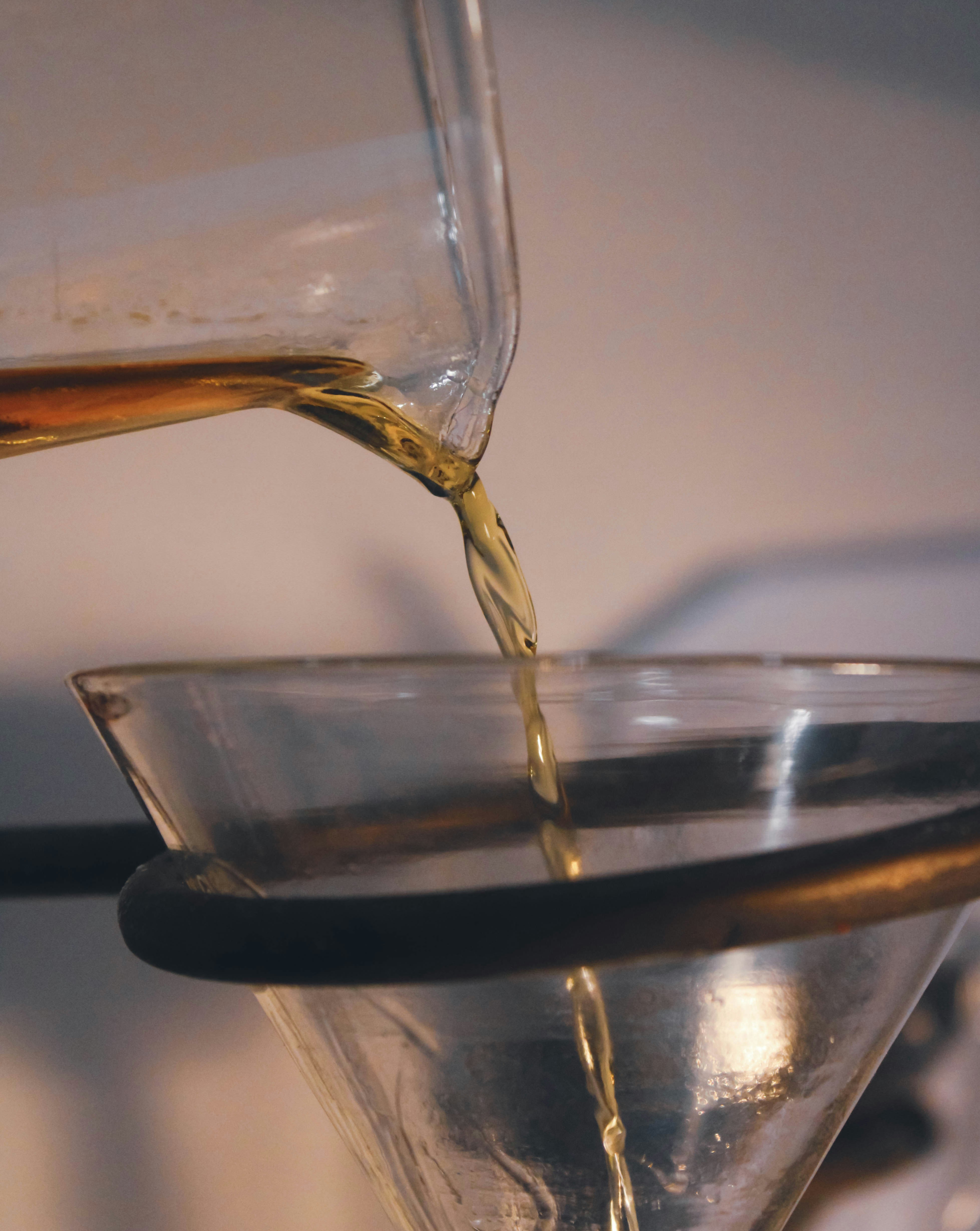

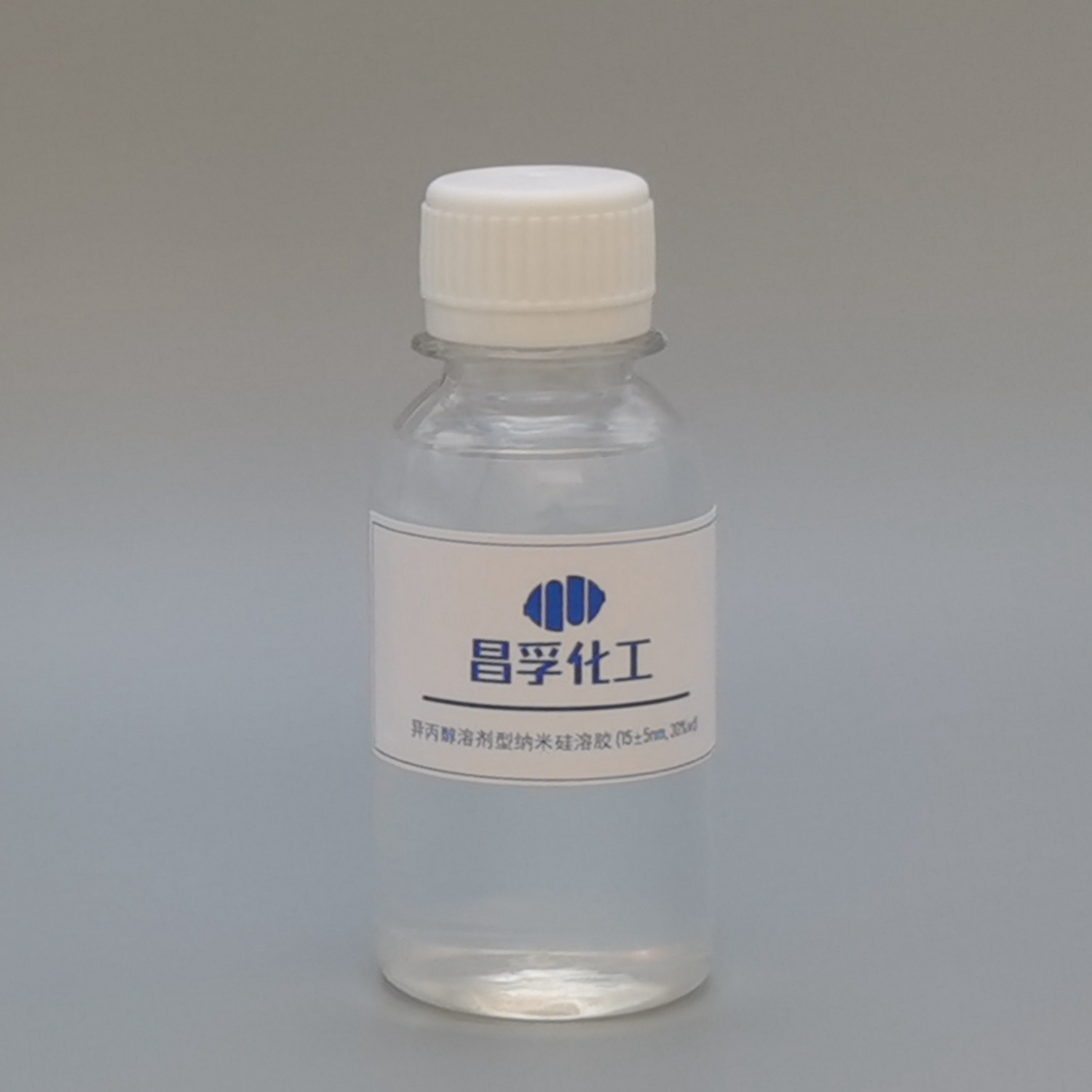
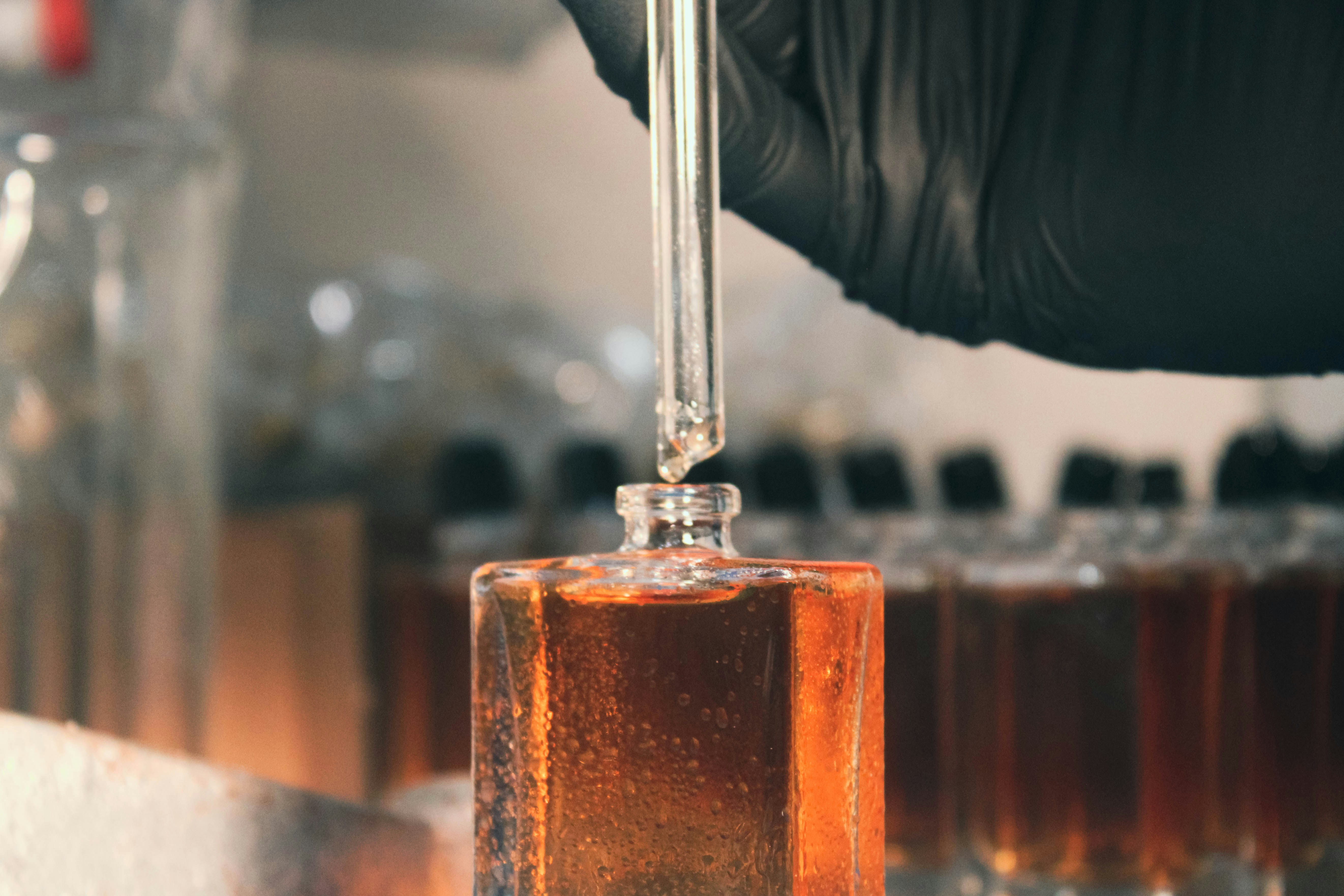

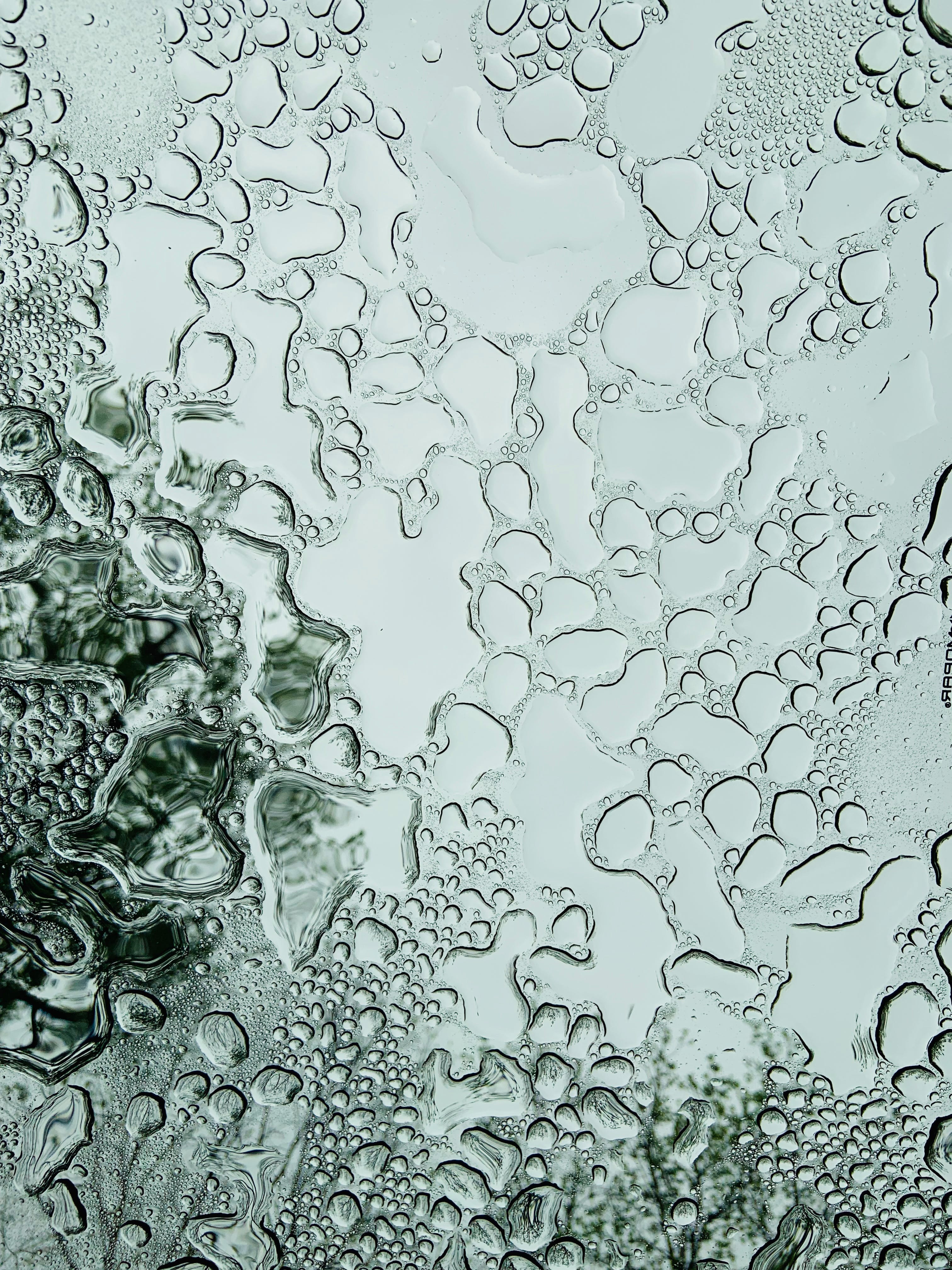







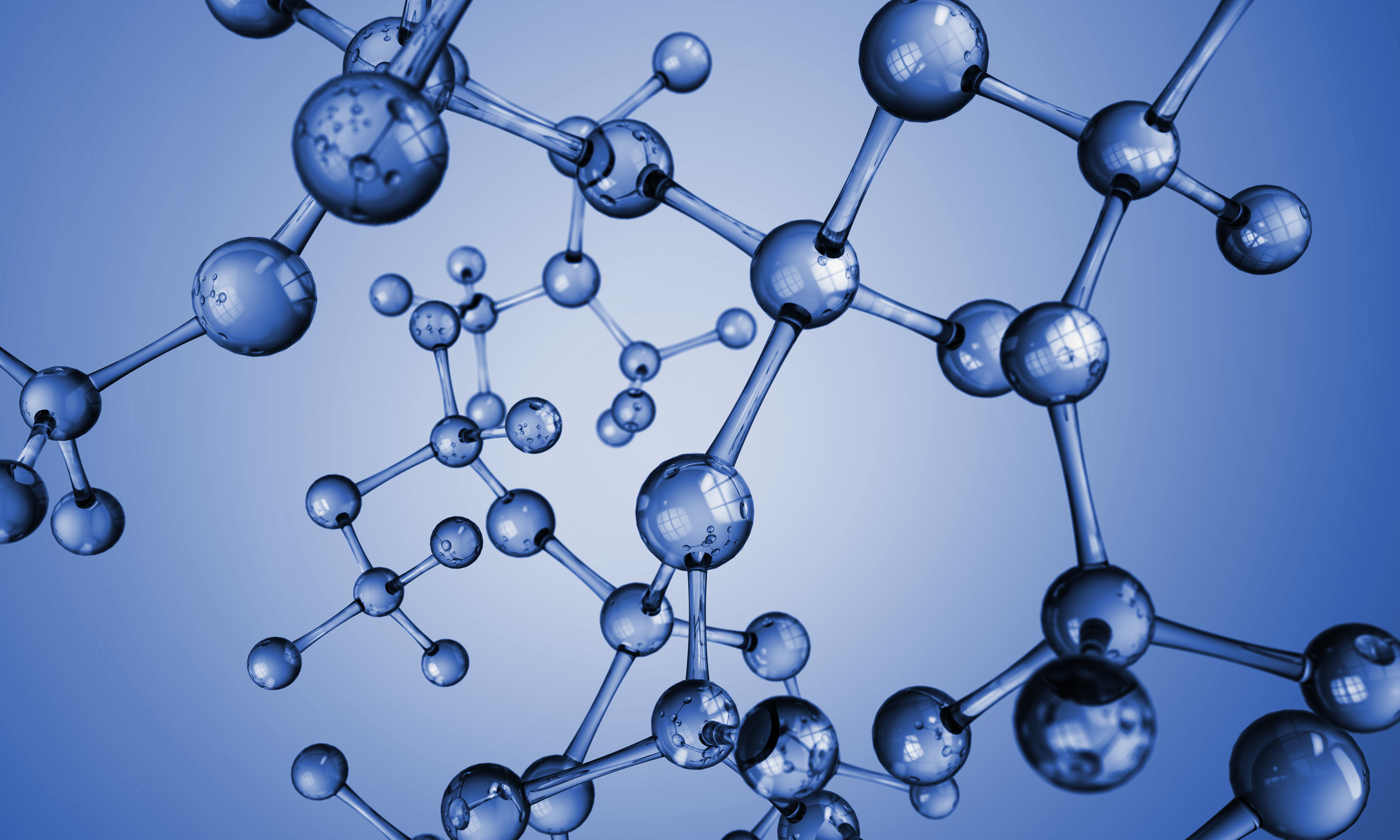










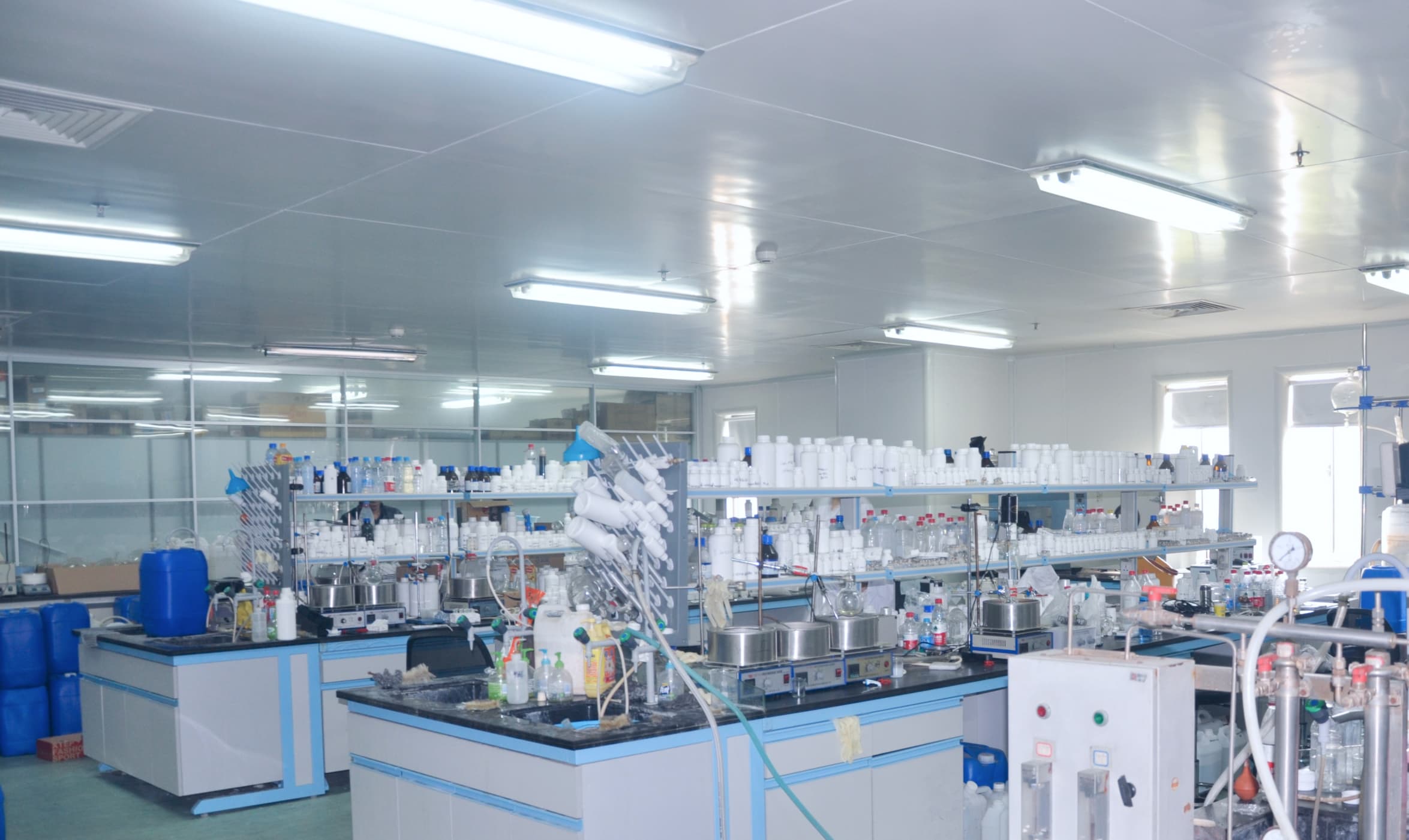


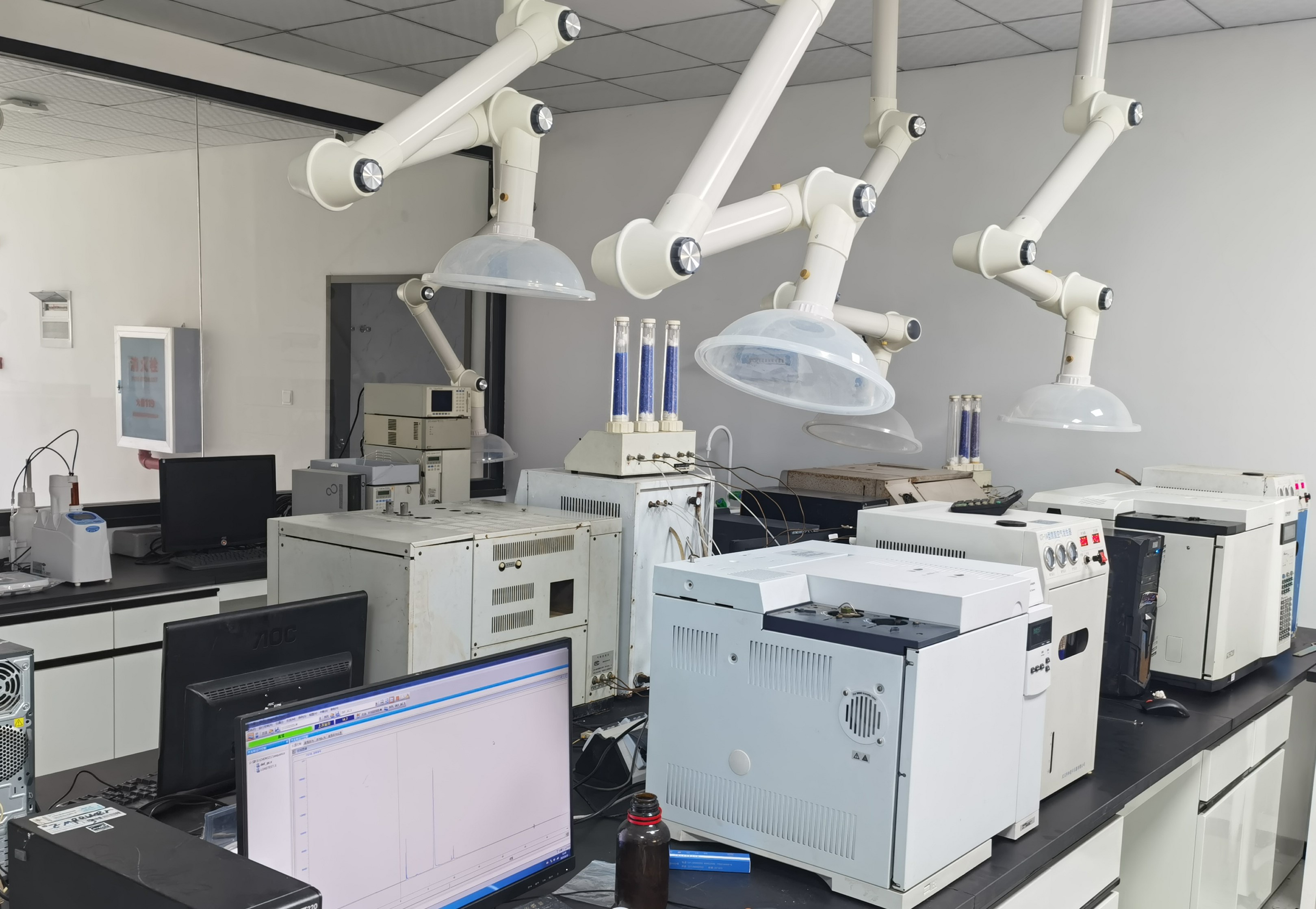

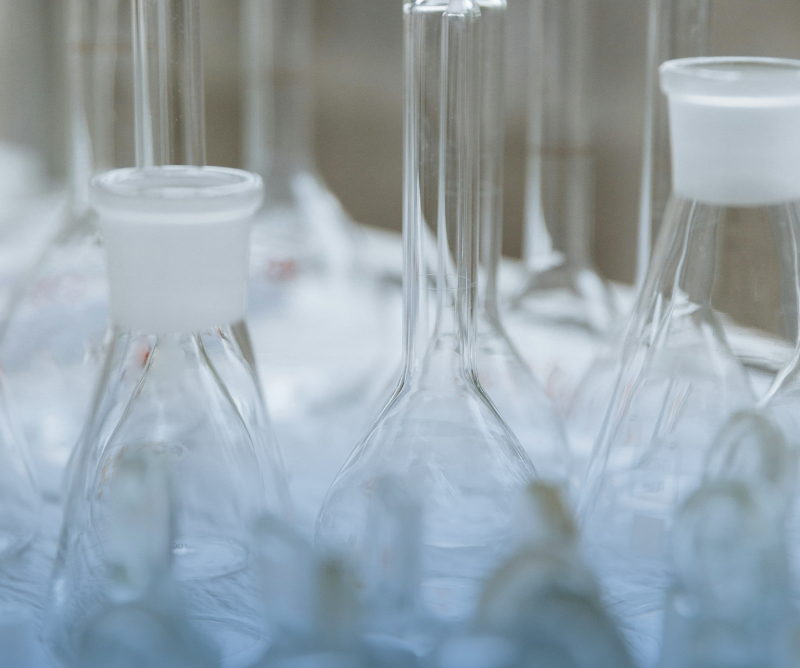

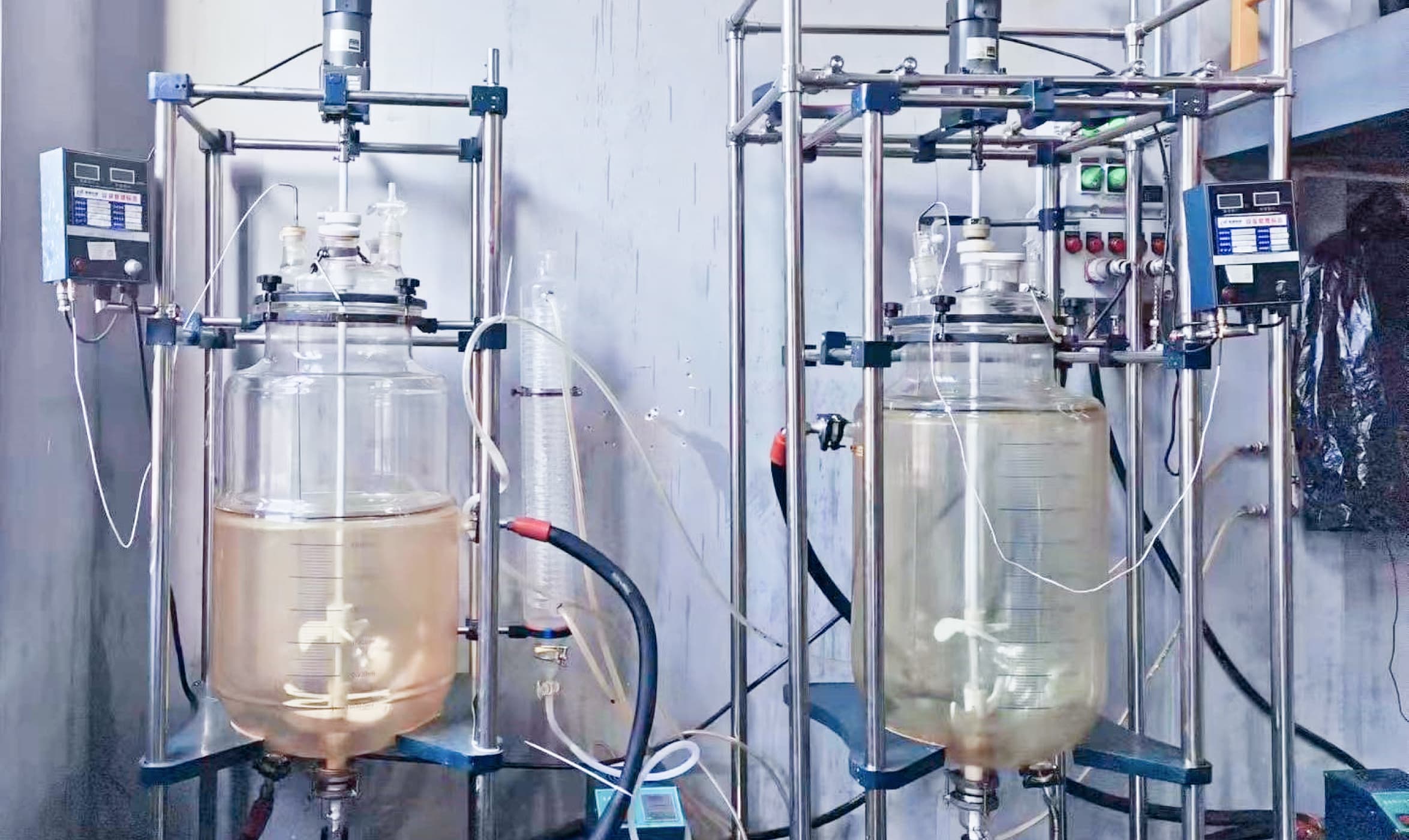
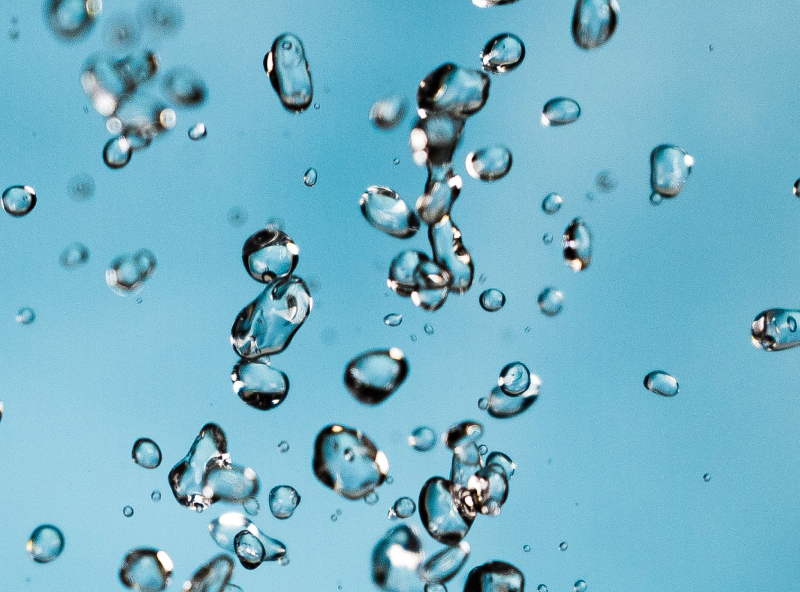


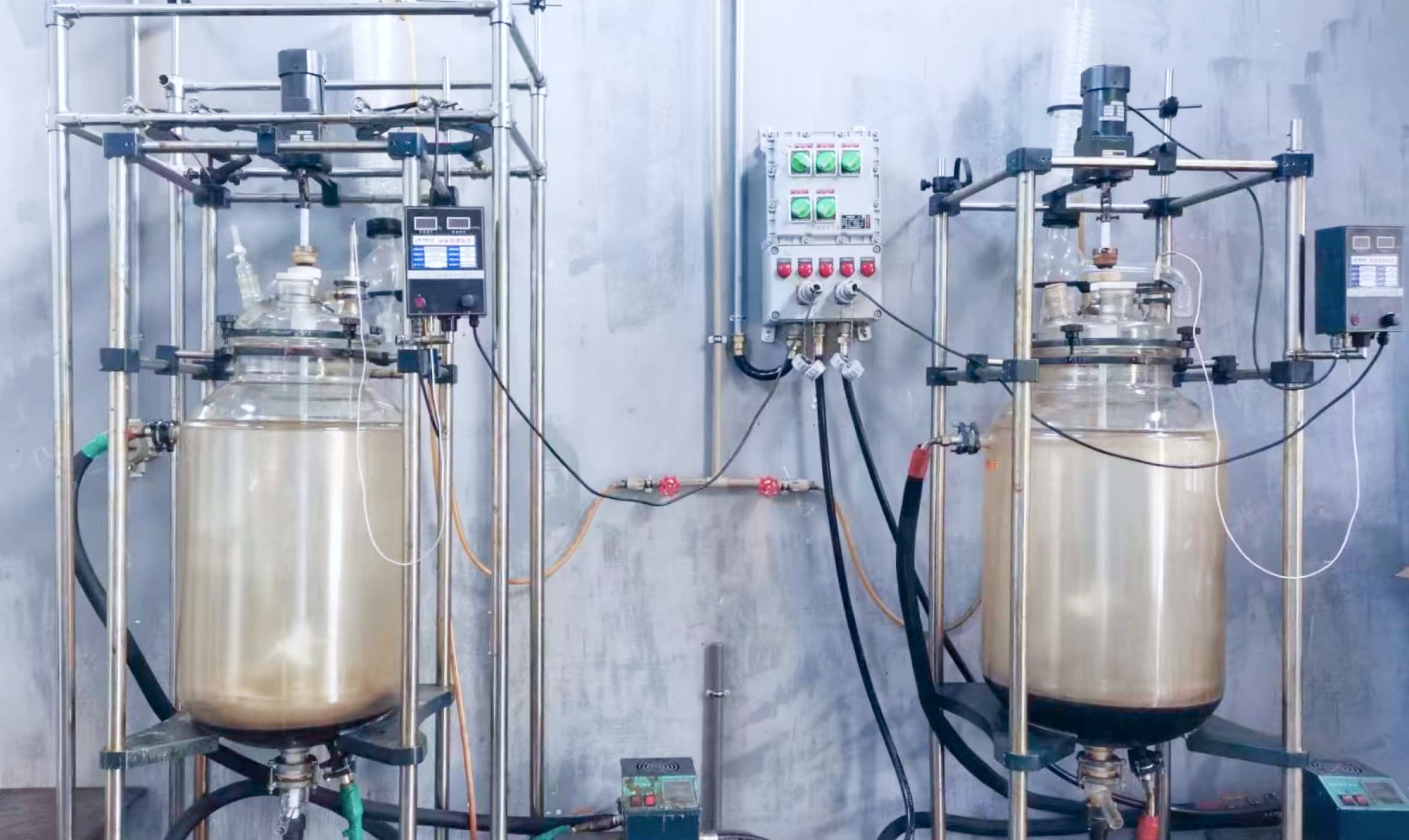
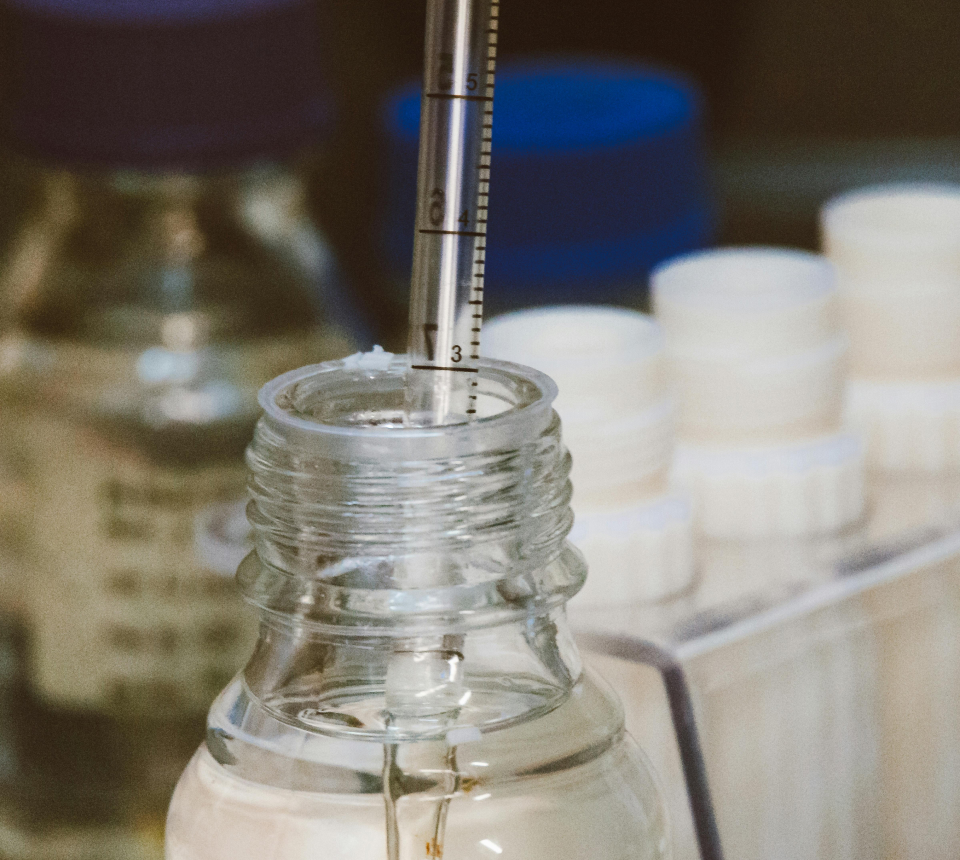





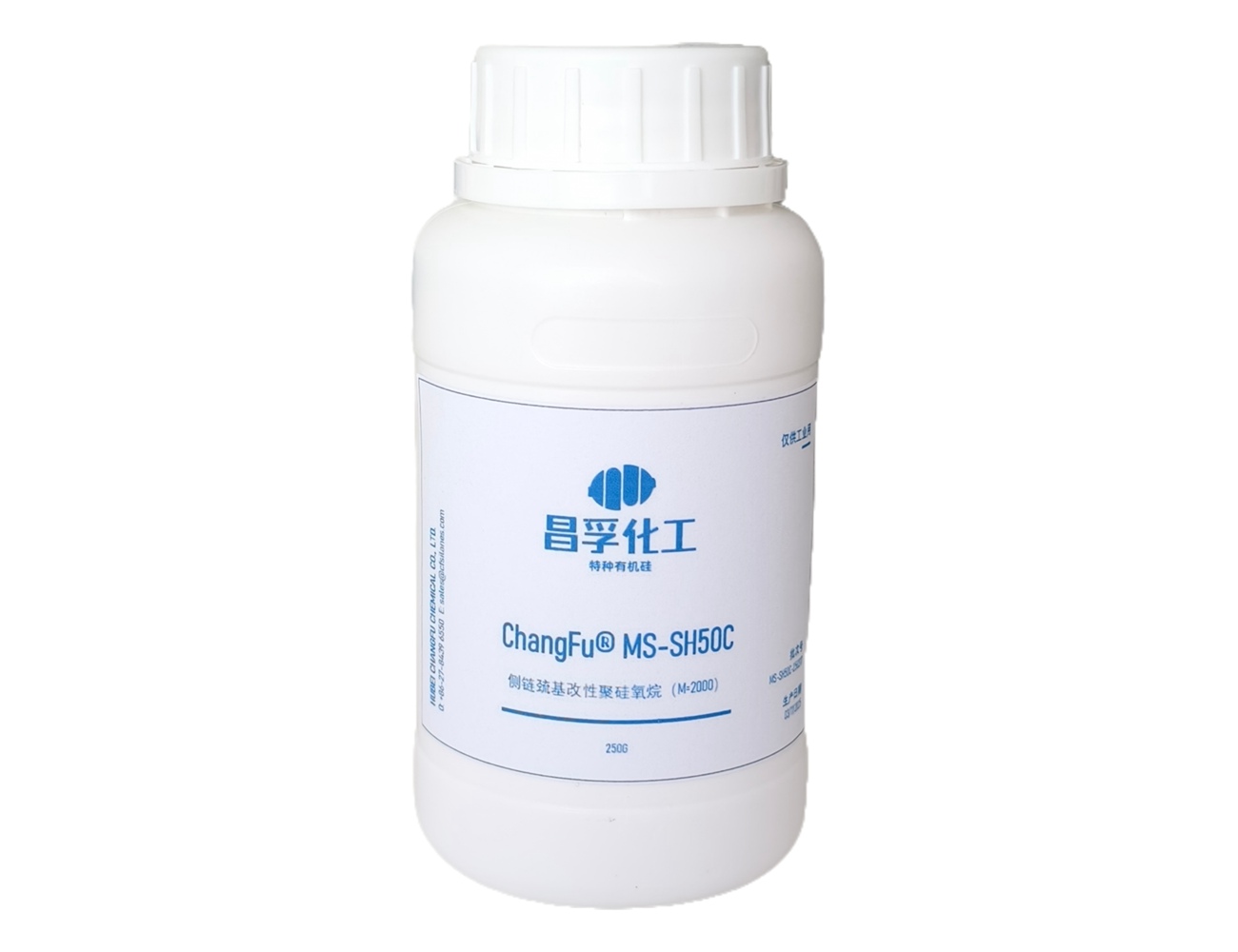



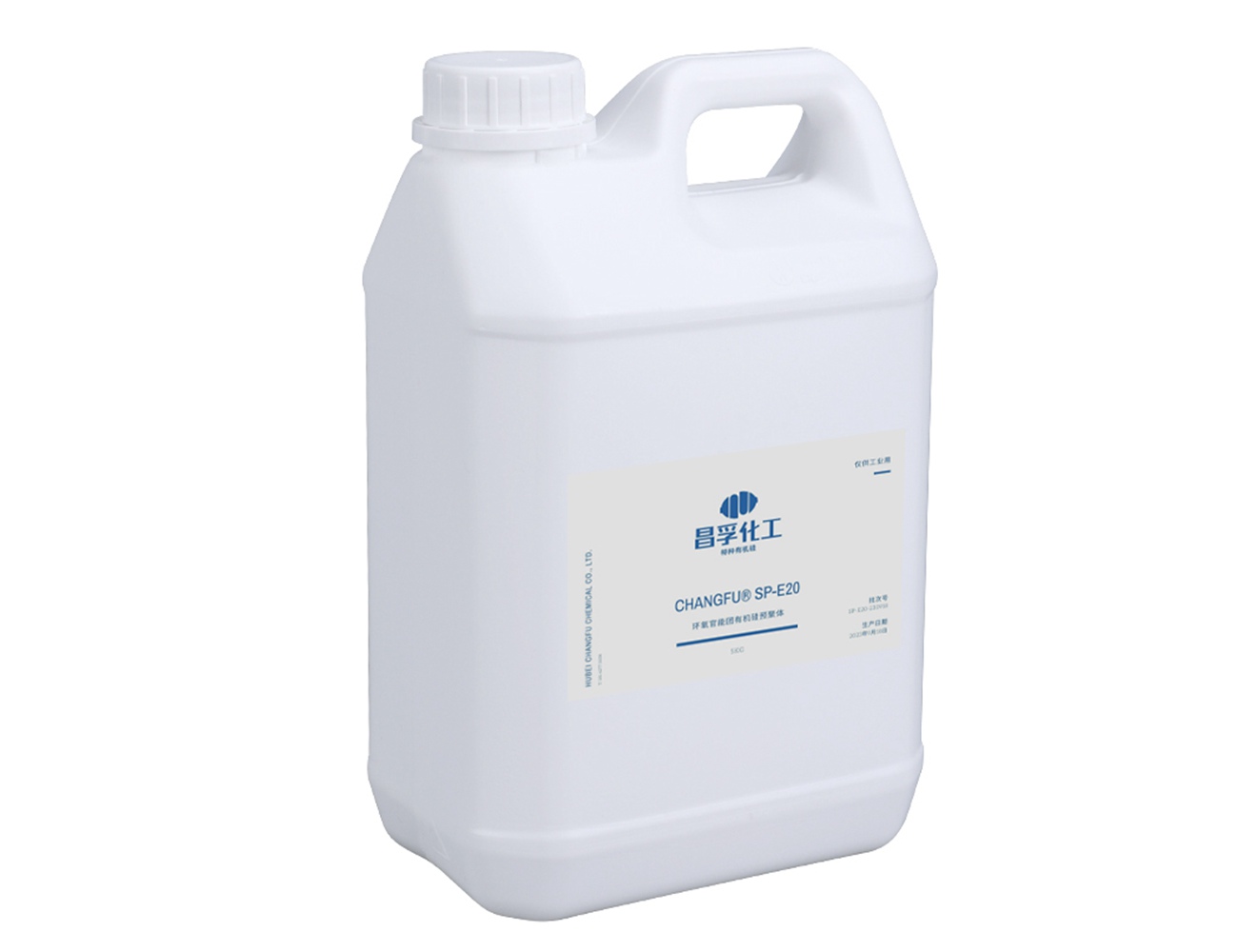
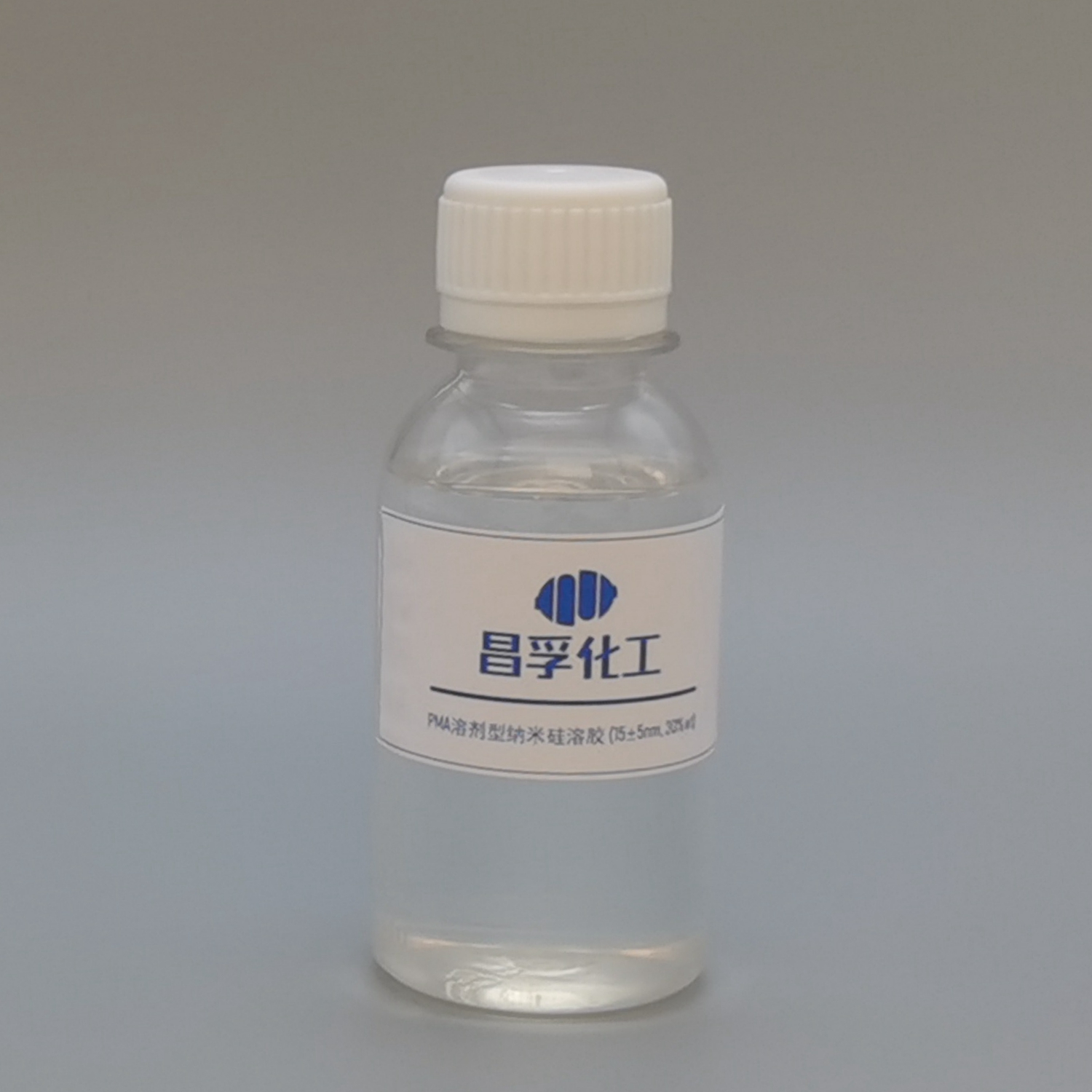
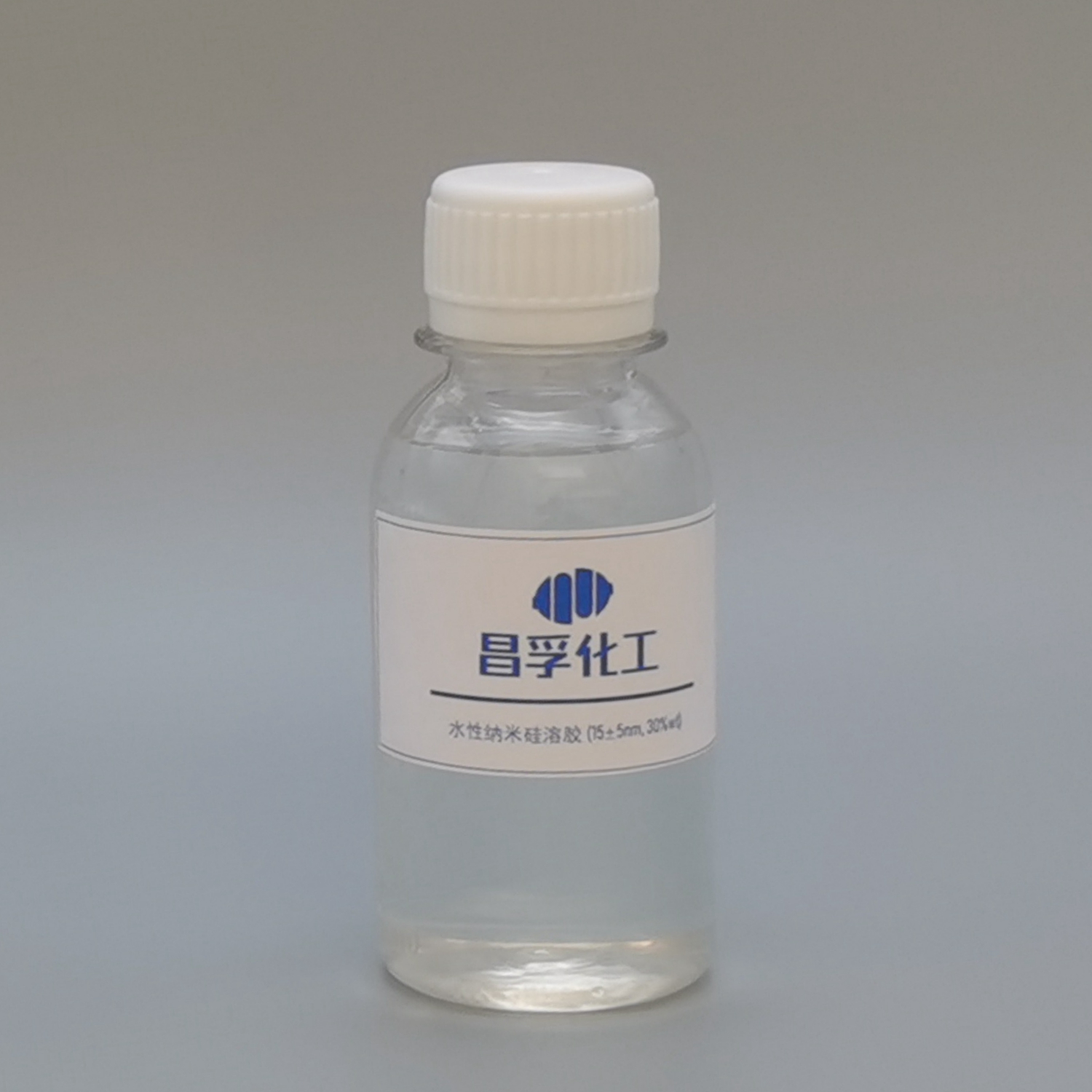

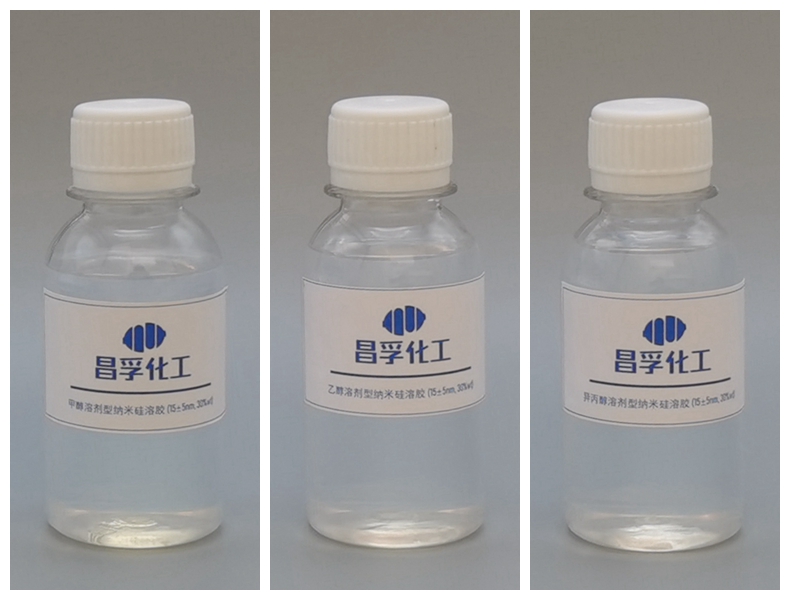
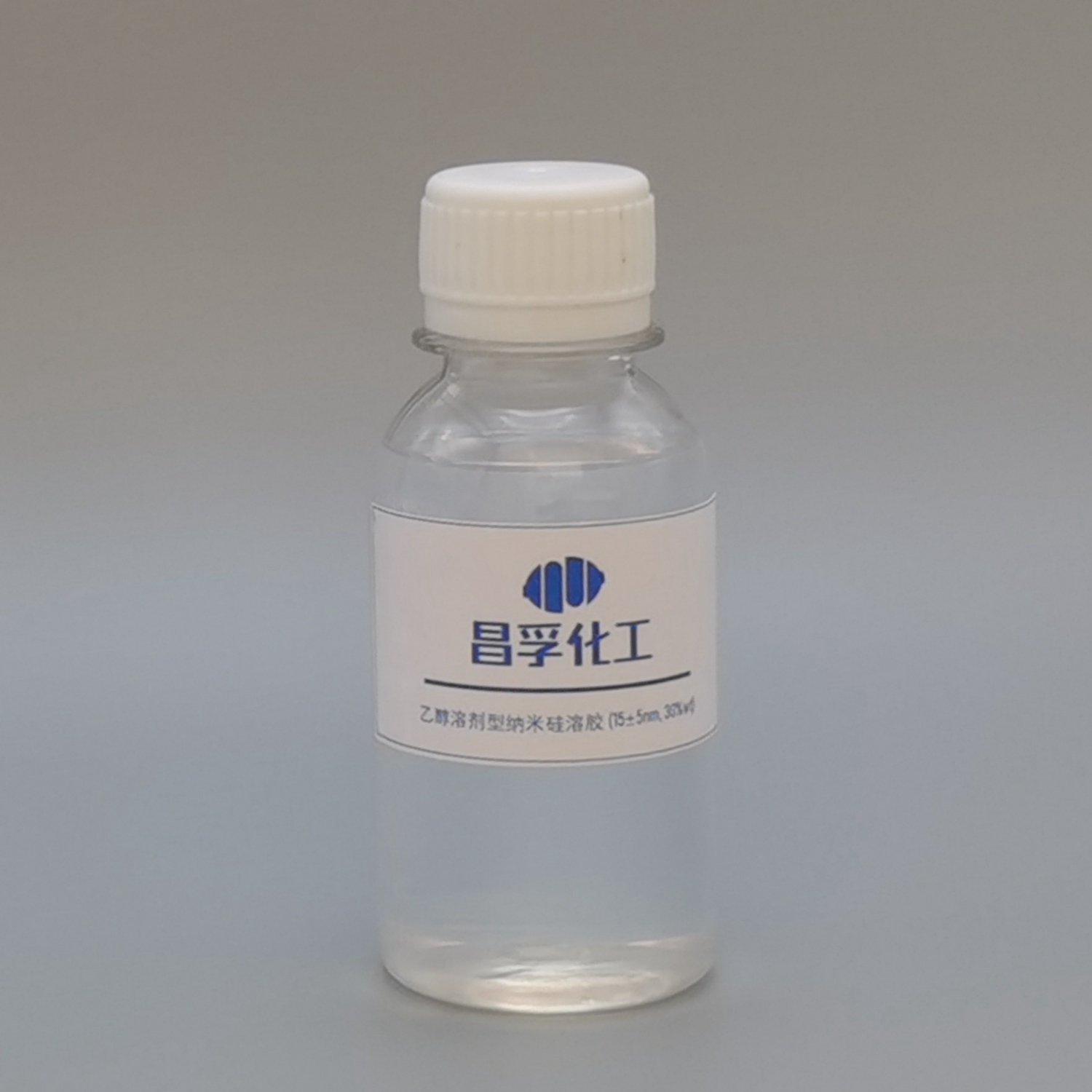
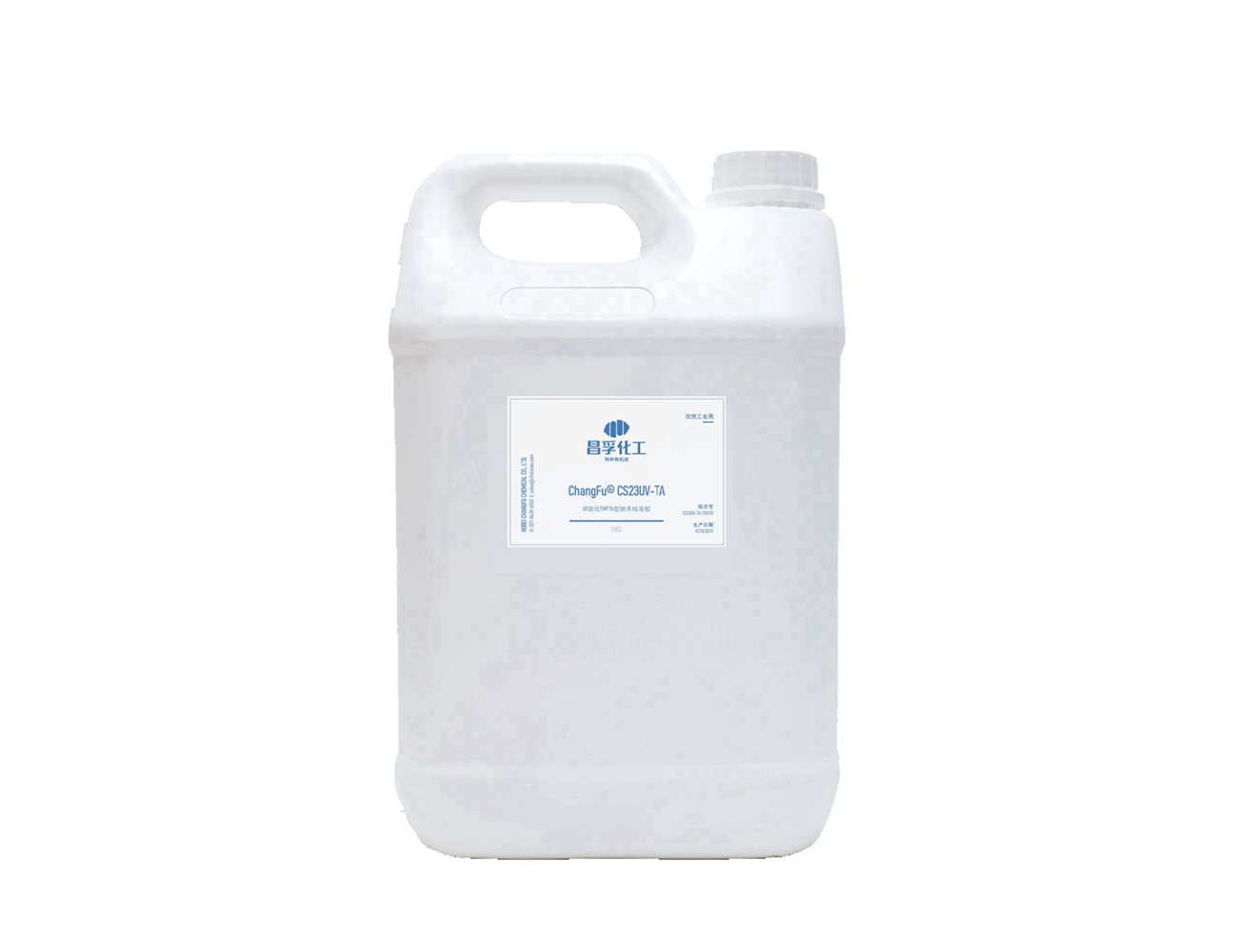
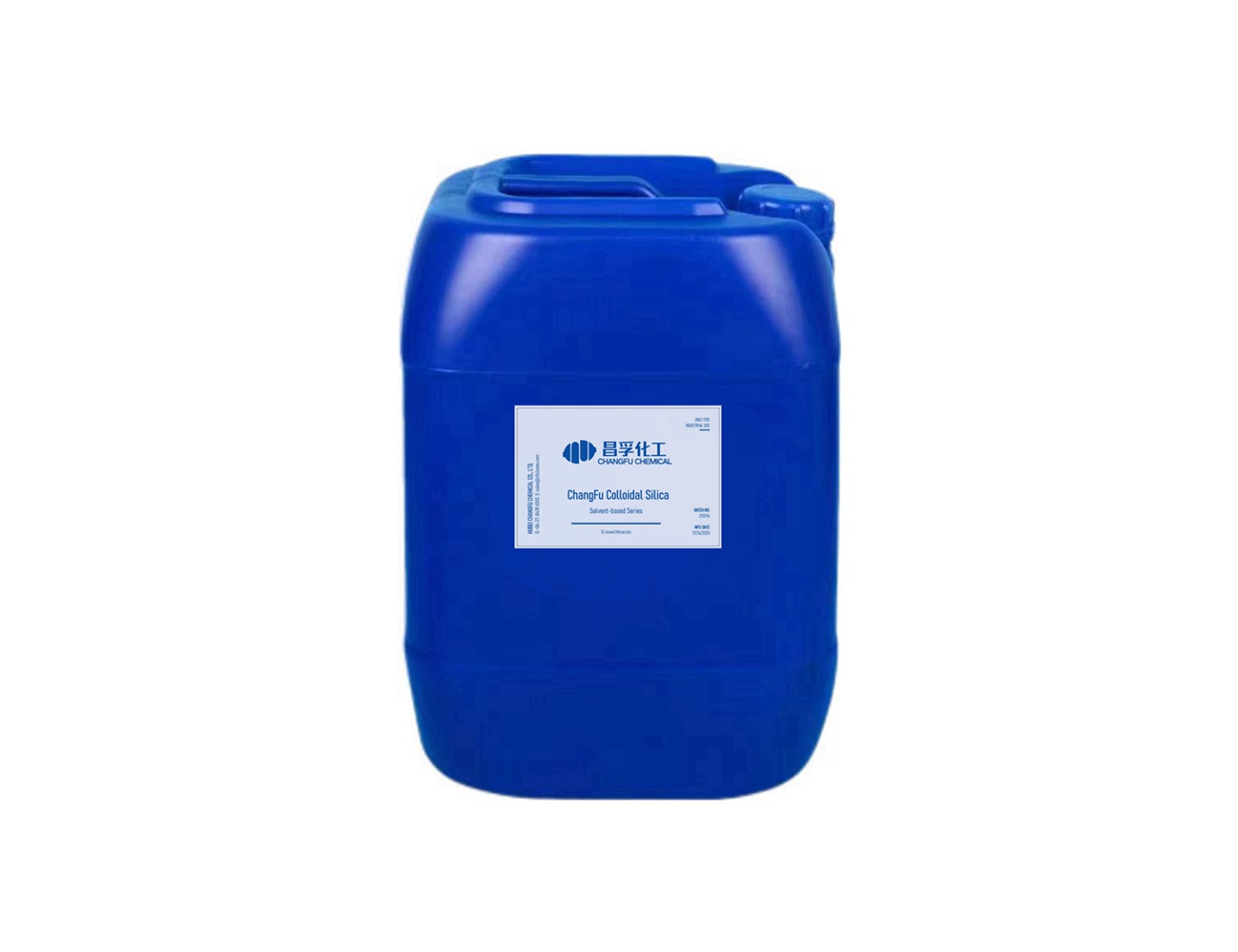


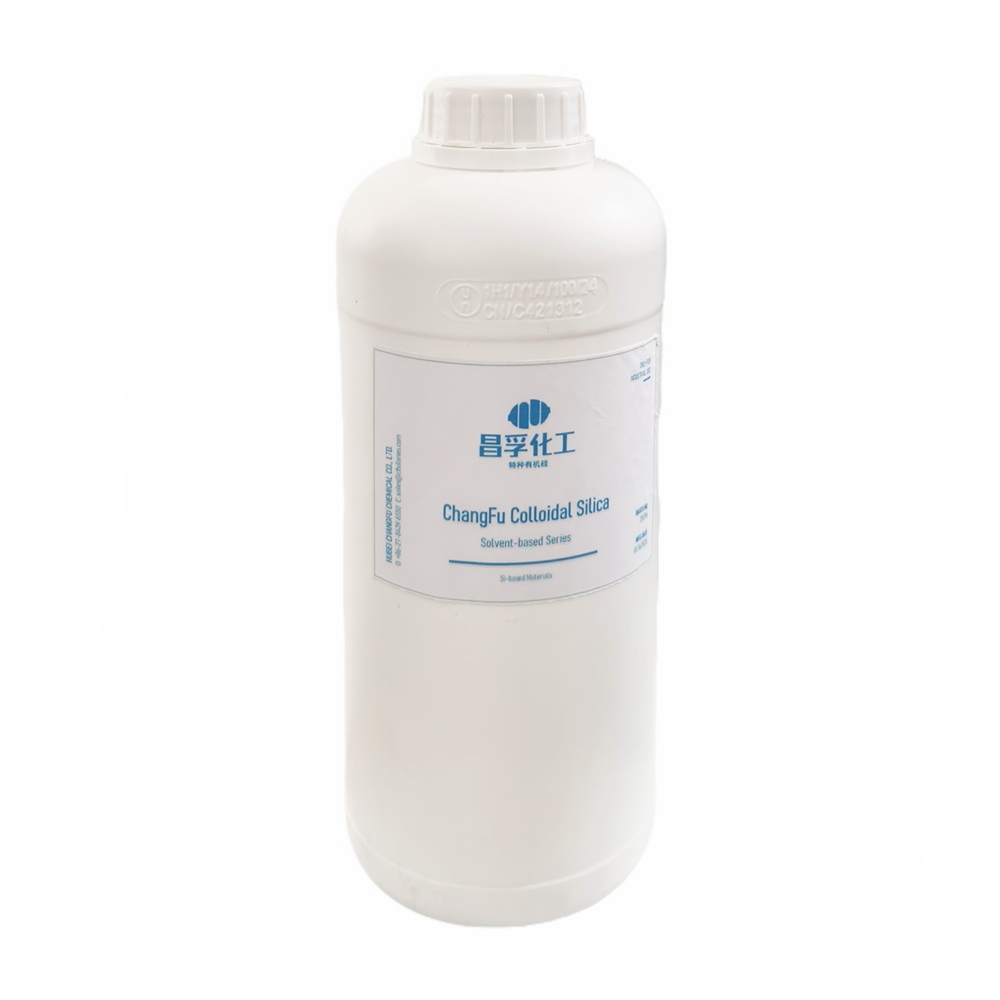


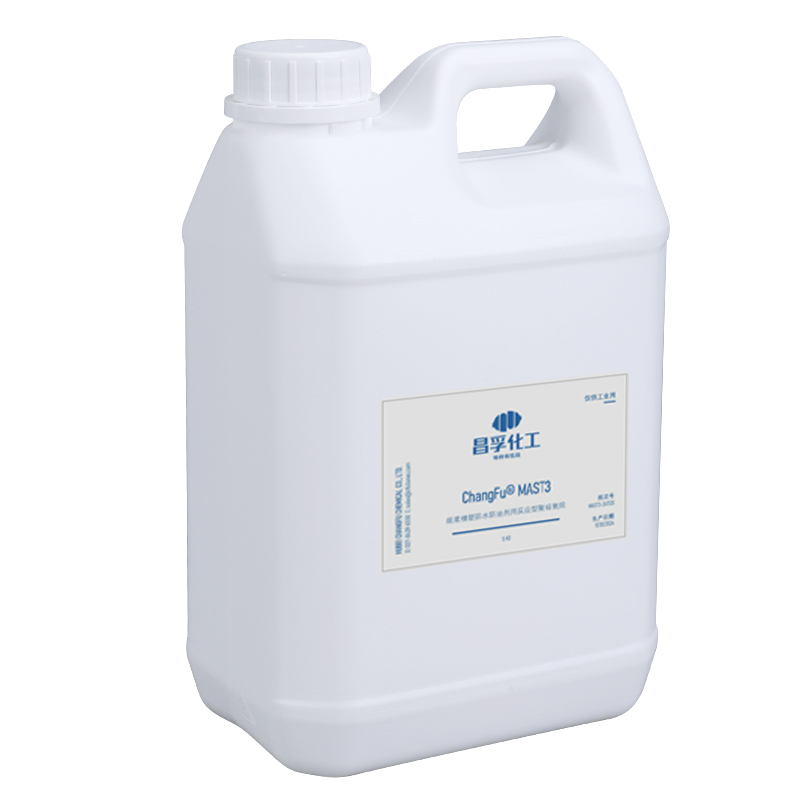





































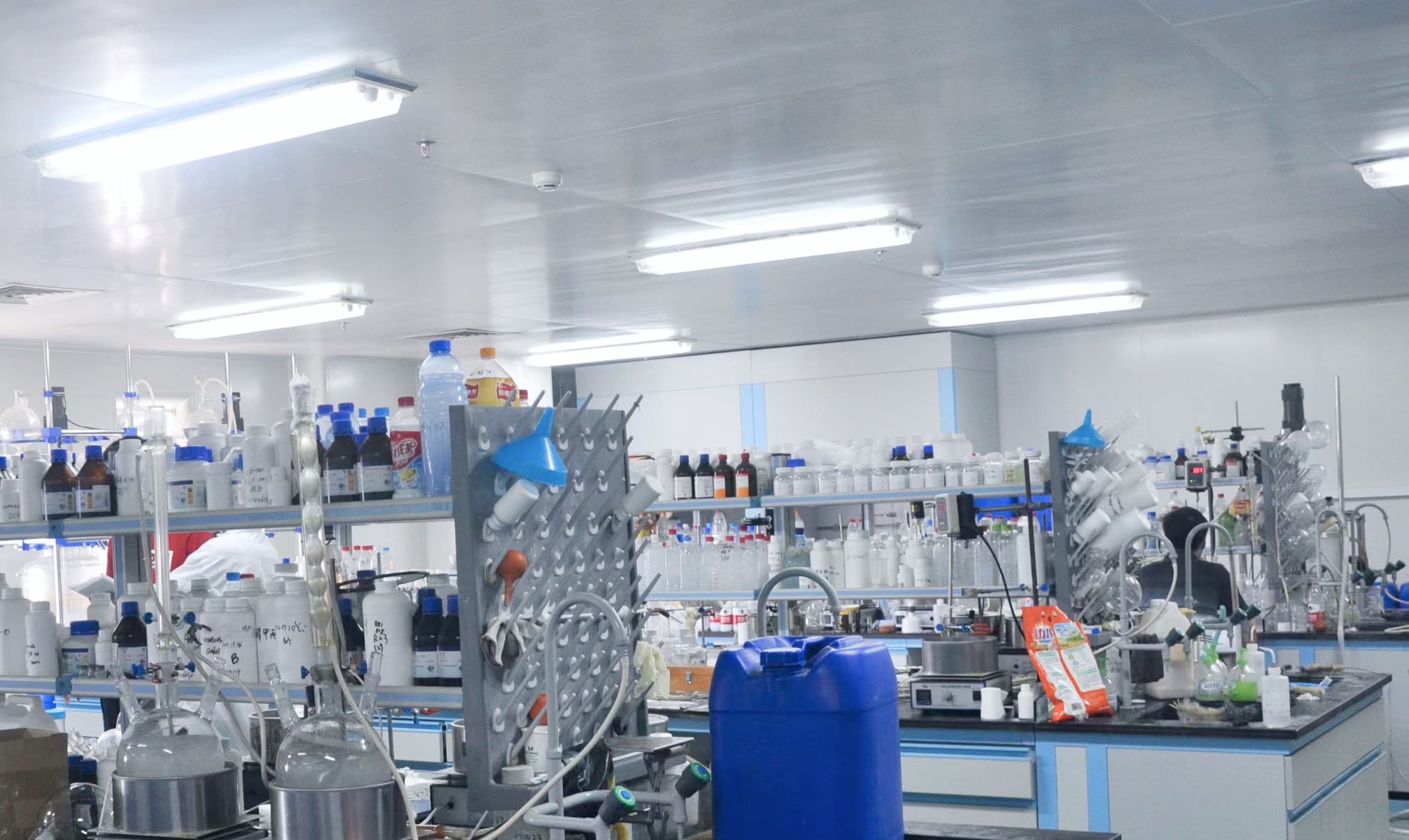

+86 27 8439 6550
+86 181 6277 0058
sales@cfsilanes.com
Optics Valley Bio-City
No. 666, Gaoxin Avenue
Hongshan District, Wuhan City

+86 27 8439 6550 | +86 181 6277 0058
sales@cfsilanes.com
Optics Valley Bio-City
No. 666, Gaoxin Avenue
Hongshan District, Wuhan City
Copyright © Hubei ChangFu Chemical Co., Ltd. All Rights



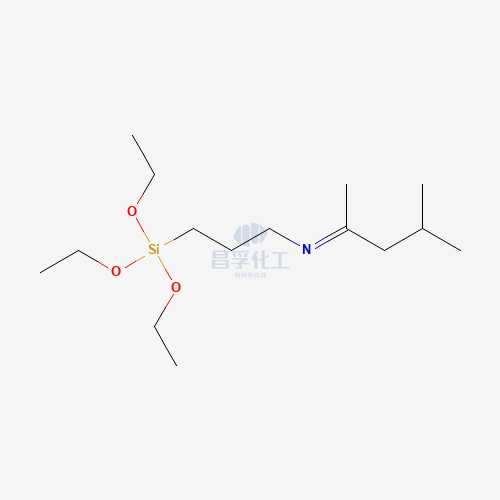
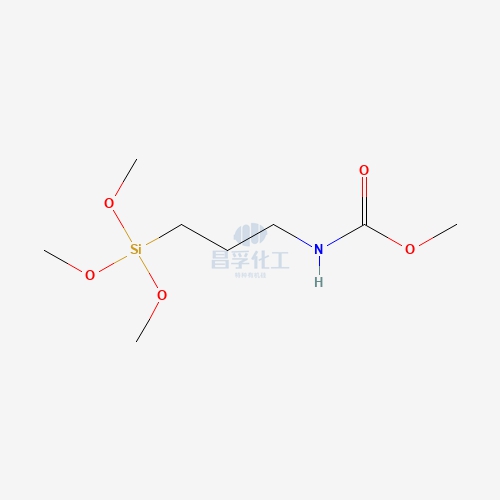
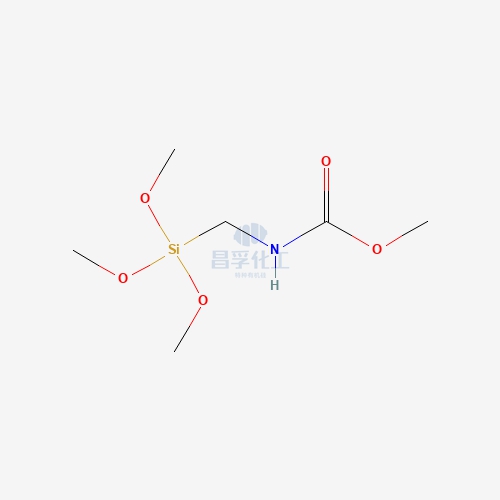
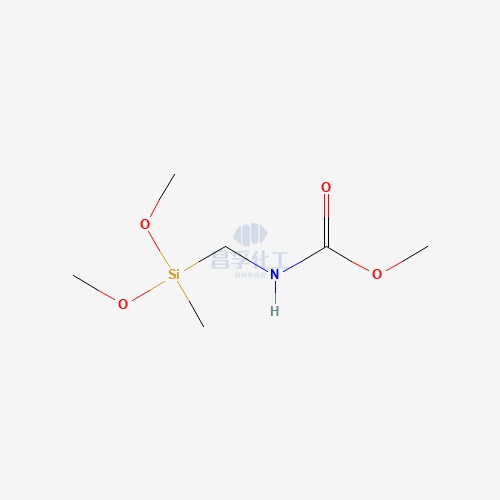
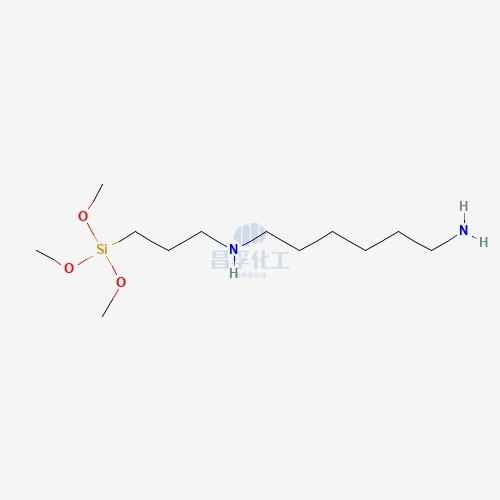
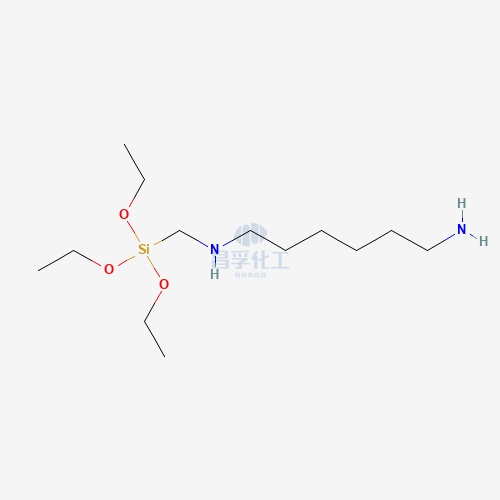
![N-[5-(Trimethoxysilylpropyl)-2-aza-1-oxopentyl]caprolactam CAS: 106996-32-1 106996 32 1 N-[5-(Trimethoxysilylpropyl)-2-aza-1-oxopentyl]caprolactam CAS: 106996-32-1 106996 32 1](https://cdn.yofishseo.com/1363882761272232/106996-32-1.jpg)
